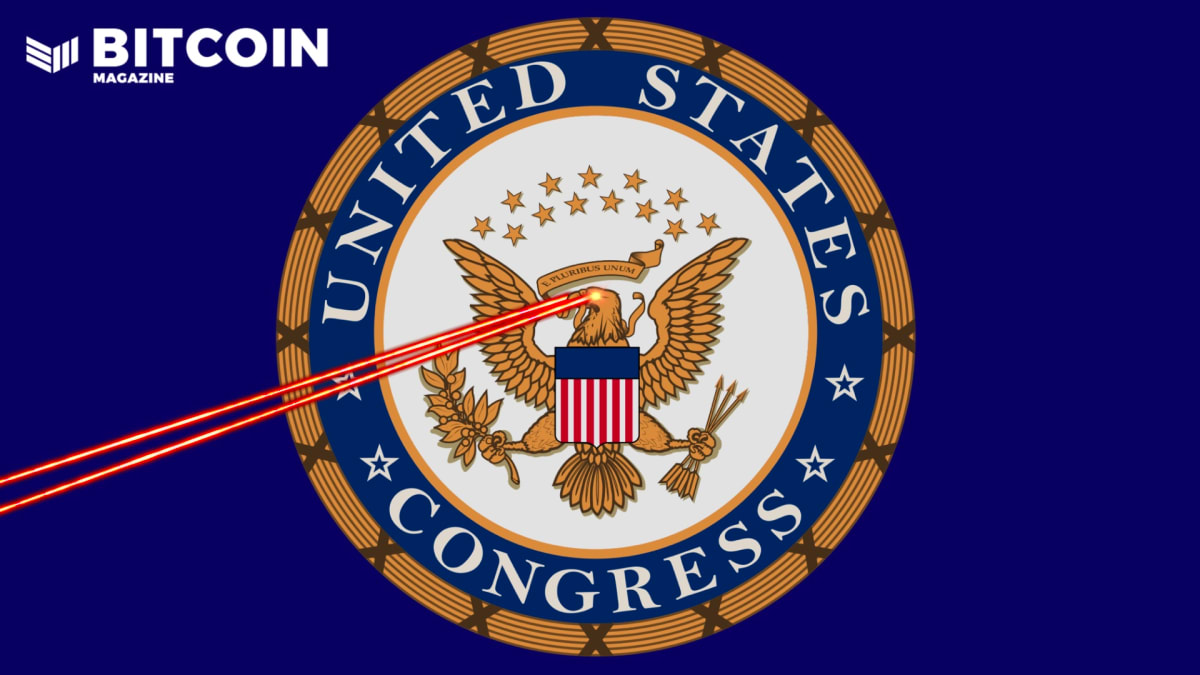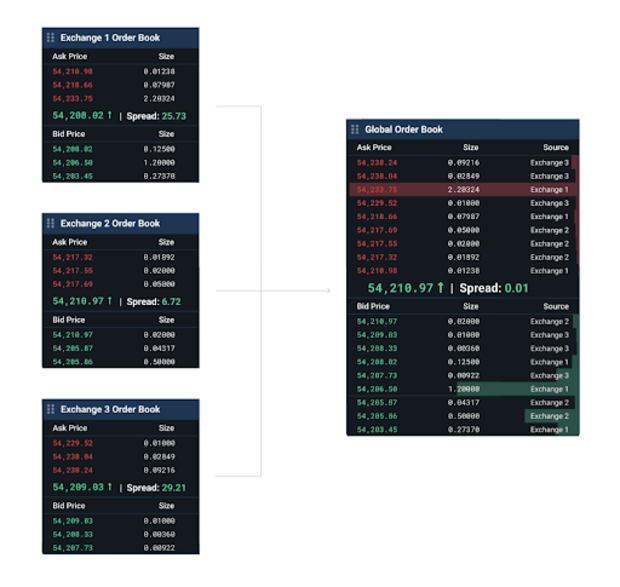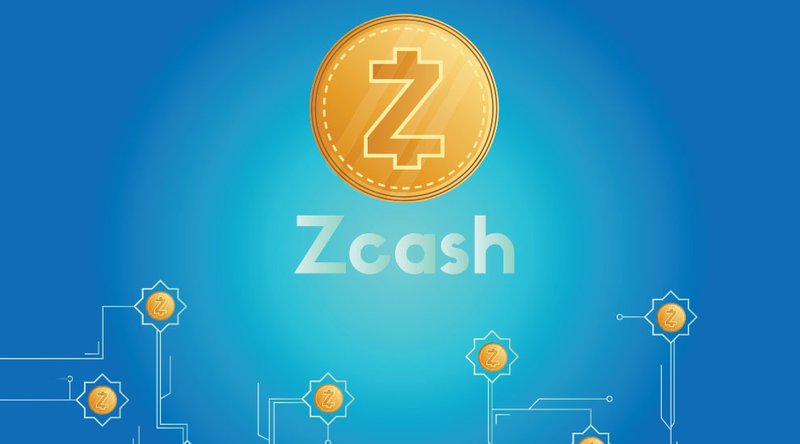Bitfinex, Tether Found To Misrepresent USDT Backing And Obscure User Fund Losses
The NYAG found that Tether and Bitfinex misrepresented the assets backing USDT and obscured the loss of $850 million in user funds.

After more than two years of legal battle and investigation, iFinex and stablecoin issuer Tether have agreed to an $18.5 million settlement with the New York Attorney General’s office (OAG) today while admitting to no wrongdoing.
Originally promoted by findings stemming from a 2018 investigative subpoena, the OAG alleged in 2019 that cryptocurrency exchange Bitfinex used funds from Tether, both of which are run by iFinex, to obscure some $850 million in customer funds losses caused by mismanagement or malicious action by payment processor Crypto Capital.
Bitfinex and Tether have endured a long-standing public relations and legal battle to maintain consumer confidence since the OAG allegations have stoked rumors that tether printing is fraudulent.
Now, in an agreement announced by the OAG, iFinex, Tether and related entities will have to cease trading activities with residents of New York and will have to pay the $18.5 million in penalties, as well as undertake processes to increase transparency such as mandatory reporting on business functions and public disclosures of the assets backing tether.
Ultimately, OAG found that Tether misrepresented the backing of its stablecoin.
Tether Misrepresented USDT Backing
“The OAG’s investigation found that, starting no later than mid-2017, Tether had no access to banking, anywhere in the world, and so for periods of time held no reserves to back tethers in circulation at the rate of one dollar for every tether, contrary to its representations,” per the announcement. “Tether published a self-proclaimed ‘verification’ of its cash reserves, in 2017, that it characterized as a ‘good faith effort on our behalf to provide an interim analysis of our cash position.’ In reality, however, the cash ostensibly backing tether had only been placed in Tether’s account as of the very morning of the company’s ‘verification.’”
OAG found also that, as of November 2018, tethers were again no longer backed one-to-one by USD in a Tether bank account.
iFinex Was Misleading Clients
The OAG announcement also noted that its suspicions about Bitfinex and Tether obscuring the loss of $850 million in user funds by Crypto Capital turned out to be true.
“On April 26, 2019 — after the OAG revealed in court documents that approximately $850 million had gone missing and that Bitfinex and Tether had been misleading their clients — the company issued a false statement that ‘we have been informed that these Crypto Capital amounts are not lost but have been, in fact, seized and safeguarded,’” per the announcement. “The reality, however, was that Bitfinex did not, in fact, know the whereabouts of all of the customer funds held by Crypto Capital, and so had no such assurance to make.”
As a purported stablecoin, tether is often contrasted with bitcoin as a remedy for the latter’s price volatility. Tether tends to fuel misunderstanding about Bitcoin and cryptocurrency in general, and its possible that the revelations from this legal saga will inform current and future users about the inner-workings of USDT and when to remain skeptical.









